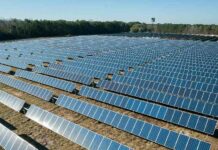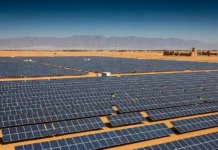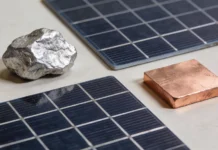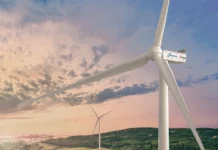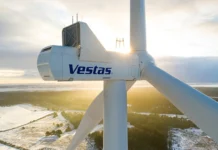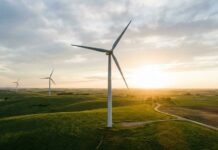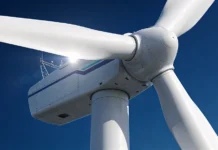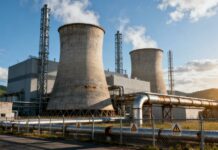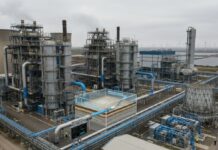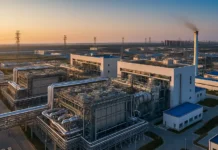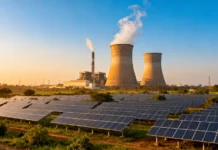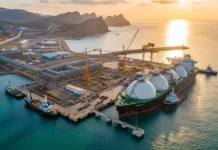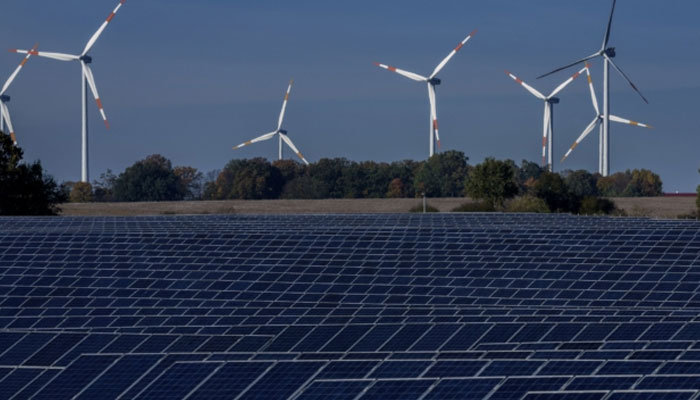On July 7, German lawmakers adopted a significant reform package aimed at increasing the generation of renewable energy, as chancellor Olaf Scholz cautioned that the nation has been overly dependent on Russian energy supply.
Less than two months after Russia’s invasion of Ukraine aggravated the brewing energy crisis between Moscow and its neighbours in western Europe, many of whom were consumers of Russian fossil fuels, the administration revealed its 600-page Easter package in April. In recent months, Germany has decreased its reliance on Russian energy imports. The administration plans to stop importing coal, oil, and natural gas from Russia by the end of this year.
The conflict, according to Scholz, is just another reason for the largest economy in Europe to step up its efforts to increase the use of renewable energy. At a conference for the renewable energy sector in Berlin, he declared, Germany has leaned on energy supplies from Russia for too long and too unilaterally. Scholz stated that one has to know that Russia is using energy as a weapon in reference to recent actions taken by Moscow to restrict the flow of natural gas to Europe.
No one, he continued, thinks that Russia is limiting its gas supplies on purely technical grounds. The sheer number and extent of regulations being rushed through the Bundestag, according to energy minister Robert Habeck, show both the enormity of the issue and the government’s ambition.
It recently committed to speeding up the installation of solar and wind power facilities with the aim of boosting 80% of Germany’s gross electricity demand from renewable sources by 2030, nearly doubling its share from the previous year, and achieving net zero greenhouse emissions by 2045 from all sources. The administration suggested doing this by increasing the amount of land designated aside for onshore wind and removing administrative roadblocks that have recently hampered construction.
Even with the new measures, economists wondered if the government’s lofty objectives could be met.
The administration has come under fire from opposition member and Christian Democrats’ Andreas Jung for keeping highly polluting coal-fired power stations on standby to take the place of gas-fired facilities that must close due to a lack of supplies. He recommended that Germany expand its home biogas production from agricultural waste instead.
Similar to other countries in Europe, Germany’s consumers have been cautioned to anticipate pretty higher energy bills this year, primarily due to the rise in the cost of fossil fuels. Renewable energies are the only option if one wants to maintain energy affordability over the long term and also wants to balance security of supply and climate preservation, added Scholz. That’s why one needs to accelerate the development of renewable energy right away.
Despite one of the government’s declared objectives being energy independence from Russia, a new assessment released by the International Energy Agency cautioned that China is becoming a more dominant supplier of solar panels, which are essential to Germany’s shift to green energy.
According to the Paris-based agency, China presently dominates all significant phases of solar panel production with a share of more than 80%. According to the report, China is expected to supply 95% of various solar components in the upcoming years.
As per Fatih Birol, executive director of the IEA, China has been instrumental in bringing down costs globally for solar PV, with massive advantages for clean energy transitions. At the same time, governments must address possible issues caused by the degree of geographic specialisation in global supply chains.




